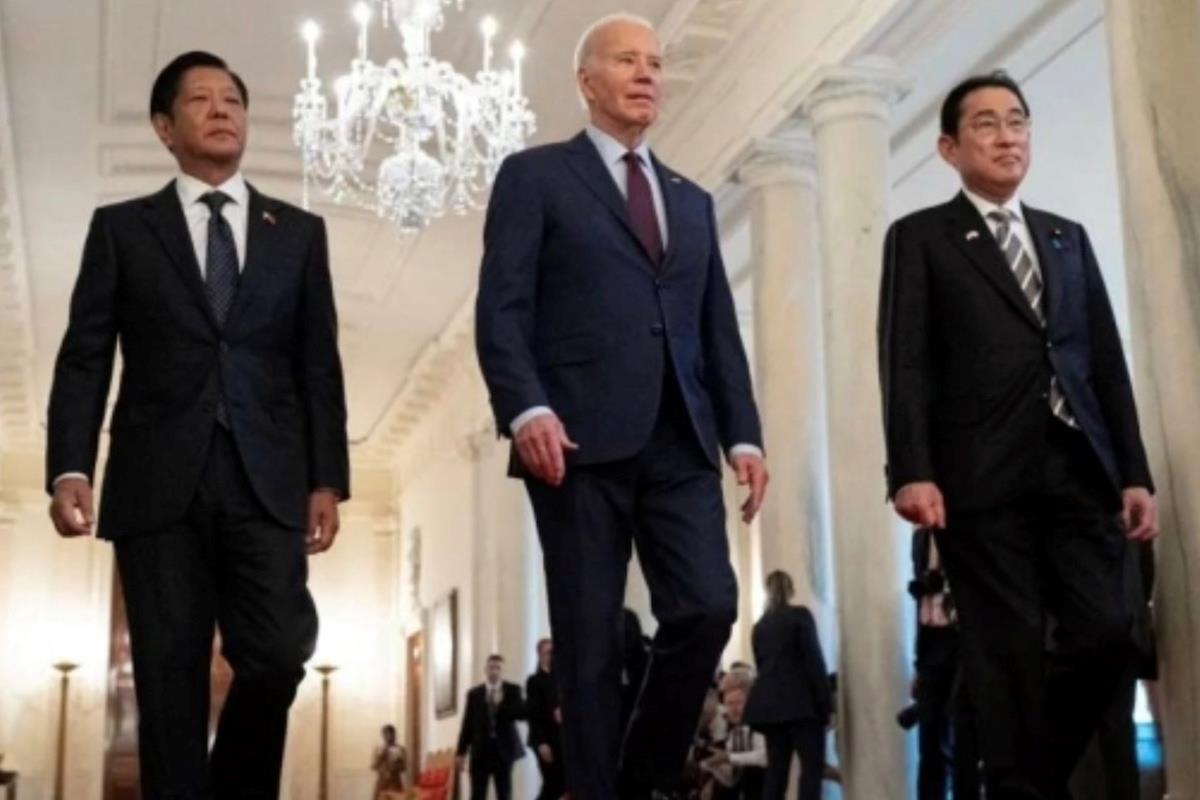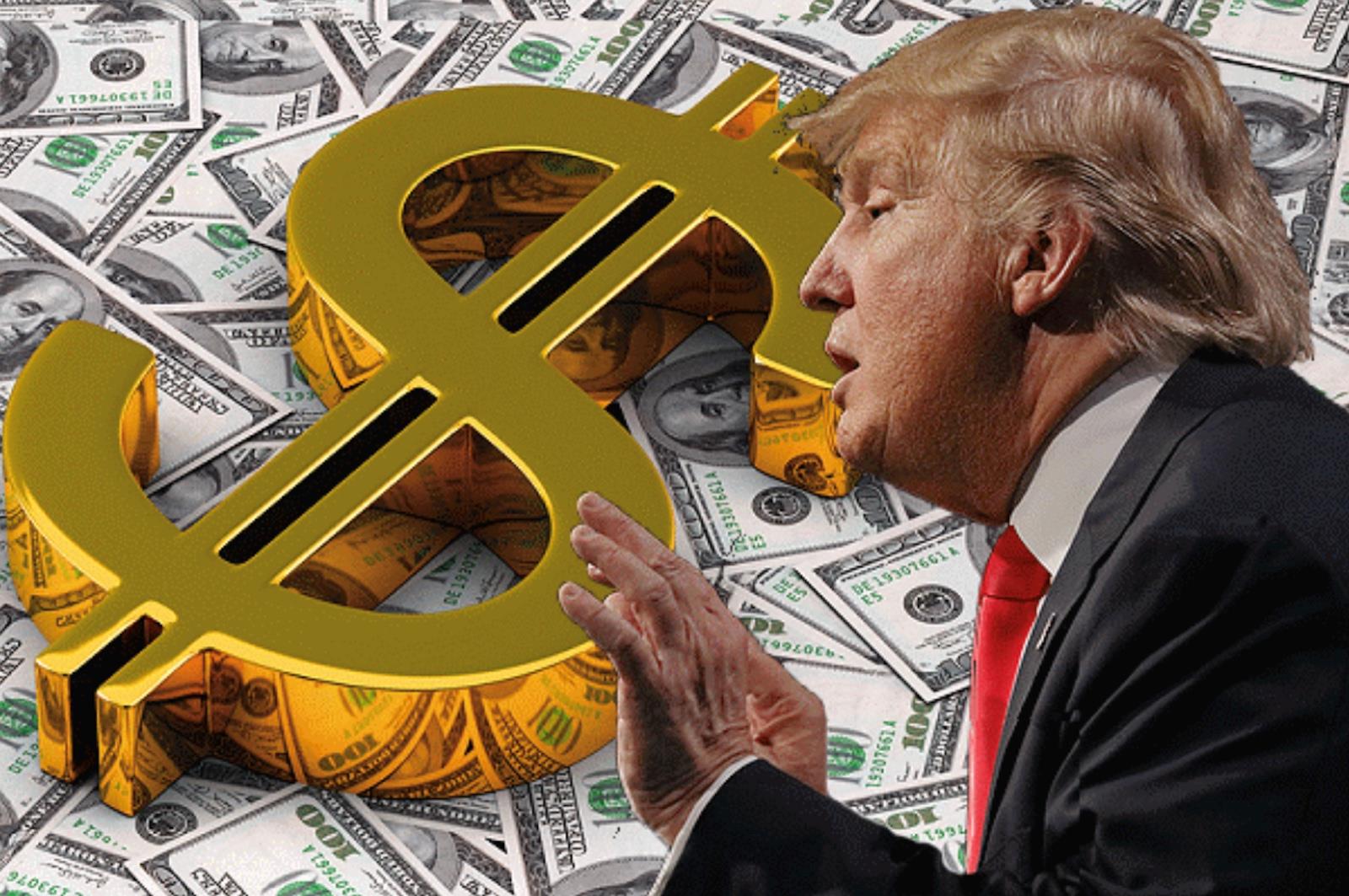Blinken To China To Fuss About Support For Russia
Date
4/17/2024 7:10:30 PM
(MENAFN- Asia Times) US Secretary of State Antony Blinken will visit Beijing soon to raise concerns about China's support for Russia's defense industrial base and its purchase of Iranian oil products.
Blinken's China trip was announced after Assistant Secretary of State for East Asian and Pacific Affairs Daniel Kritenbrink and National Security Council Senior Director for China and Taiwan Affairs Sarah Beran ended a three-day visit in Beijing on Tuesday.
Last week, US officials briefed reporters on materials China was providing to Russia, including drone and missile technology, satellite imagery and machine tools, Reuters reported .
Blinken is also set to discuss with Chinese officials the situation in the Middle East.
On April 11, Blinken requested to have a phone call with Chinese Foreign Minister Wang Yi to talk about the Iran-Israel conflict. Wang said China strongly condemned Israel's attack on the Iranian Embassy in Syria, which happened on April 1.
On April 12, US President Joe Biden said he expected Iran to attack Israel“sooner, rather than later.” He underscored Washington's commitment to defend Israel. On April 13-14, Iran unleashed a barrage of missiles and drones against Israel, which successfully intercepted most of them.
No full-blown Mideast war yet
Both Washington and Beijing called for de-escalation and a full-blown war has not yet
(Indeed, if a report for which veteran American investigative reporter Seymour Hersh cites unnamed sources is correct, the attack was something of a charade, negotiated in advance, in which Iran was permitted a massive show of anger while inflicting very limited damage.)
Meanwhile, the US House of Representatives on Monday passed bipartisan legislation called the Iran-China Energy Sanctions Act by a 383-11 vote.
Latest stories Apply Israel-Iran lessons to Taiwan

US-Japan-Philippines trilateral gives Manila a fighting chance

Trump plan to devalue dollar a gift to China Jointly proposed by Democrat Josh Gottheimer and Republican Mike Lawler, the bill is aimed at making it more difficult for China to purchase Iranian petroleum and related products. It needs approval from the Senate before it can go to Biden for his signature.
“After Iran's unprecedented attack on Israel, and as its regime of terror deepens ties to China, we are reminded that they cannot be trusted,” said Gottheimer.
”We must hold Iran and its backers accountable, especially China, the number one purchaser of Iranian petroleum,” said Lawler.
The duo said the Iran-China Energy Sanctions Act, along with the SHIP Act passed last November, will kneecap Iran's ability to export murder and instability across the Middle East region.
Also on Monday, Wang had a phone call with Iranian Foreign Minister Hossein Amir-Abdollahian.
Wang said China believed that Iran is fully cognizant of the situation and will avoid causing further turbulence while defending its sovereignty and dignity. He added that China will steadily advance practical cooperation in various fields with Iran to make greater progress in China-Iran relations.
A pundit responds“The passage of the Iran-China Energy Sanctions Act by the US House is a bargaining chip that is aimed at forcing China to compromise on Iranian issues,” You Feng, a visiting lecturer at Peking University and a military commentator, says in an article published on Wednesday.“It seems that if we do not fulfill the United States' demand of exerting influence over Iran, the act will soon take effect.”
“But obviously,” she adds,“even if Blinken will raise the matter during his upcoming visit to Beijing, China is unlikely to give up its cooperation with Russia and Iran. The reason is simple. Our cooperation with Russia and Iran is normal trade. The United States' unreasonable demand directly hurts our interests, and this is unacceptable.”
She says China will definitely fight back if the US imposes sanctions. She says Blinken should consider Beijing's opinions, before departing for China, instead of presenting a bunch of unreasonable demands.
OvercapacityLast June, Blinken visited China and met with Chinese President Xi Jinping after US-China relations had been impacted by the Chinese spy balloon incident, the US chip export ban and Taiwan issues in early 2023.
Since then, more US and Chinese officials have held meetings. A face-to-face meeting between Xi and US President Joe Biden in San Francisco last November also helped stabilize Sino-US relations. But the US sanctioned more Chinese firms that shipped products to Russia. It unveiled new chip export rules against China last October.
Now Washington is urging the European Union to take actions to avoid being hurt by China's industrial overcapacity, especially in the electric vehicle (EV) sector.
During a meeting with Chinese Xi Jinping in Beijing on Tuesday, German Chancellor Olaf Scholz raised the issue of China's overcapacity and said that Germany wants open and fair markets.
Xi asked the German side to look at the matter objectively. He said a surge in China's clean-technology exports can help the world tackle inflation and achieve its green goals.

Sign up for one of our free newsletters The Daily ReportStart your day right with Asia Times' top stories AT Weekly ReportA weekly roundup of Asia Times' most-read stories
“The notion that China's overcapacity harms the global market is a complete fallacy,” Li Jian, a spokesperson of the Chinese Foreign Ministry, said in a regular media briefing on Wednesday.“Those who spread that narrative to justify protectionism have nothing to gain from it and will only destabilize and disrupt industrial and supply chains, hinder the world's green transition and curb the growth of emerging sectors.”
An article published by China National Radio's flagship radio channel called The Voice of China said that the accusation of“overcapacity” is another form of the West's“decoupling” with China. It said US politicians want to use this campaign to gain benefit in this year's presidential election.
Li Daokui, director of the Center for China in the World Economy (CCWE) at Tsinghua University's School of Economics and Management, was quoted as saying in the article that all countries would subsidize their new industries during the development stage.
He said the US cannot accuse China of subsidizing its new energy sector while it is openly subsidizing its chip industry.
“A 'super-cycle' exists in EVs and renewable energy equipment as excess supply in certain parts of their supply chain is coupled with yet-to-materialized demand,” Chim Lee, an analyst at the Economist Intelligence Unit, says in a research note on Monday.“These sectors are highly politicized globally. Lower prices can be perceived as the result of government support, but they are also key to accelerating the green transition.”
Chinese firms to assemble EVs in Europe, duck tariffs
Follow Jeff Pao on Twitter:
@jeffpao3
Already have an account?Sign in Sign up here to comment on Asia Times stories OR Thank you for registering!
An account was already registered with this email. Please check your inbox for an authentication link.
MENAFN17042024000159011032ID1108108153

Legal Disclaimer:
MENAFN provides the information “as is” without warranty of any kind. We do not accept any responsibility or liability for the accuracy, content, images, videos, licenses, completeness, legality, or reliability of the information contained in this article. If you have any complaints or copyright issues related to this article, kindly contact the provider above.